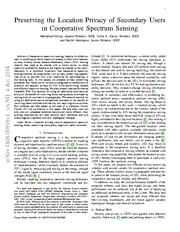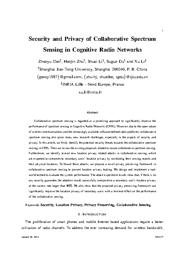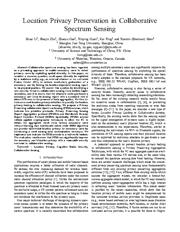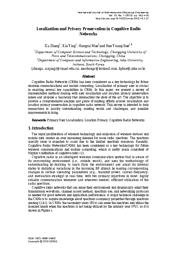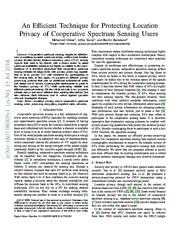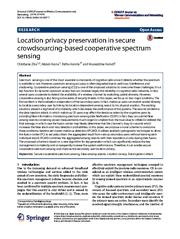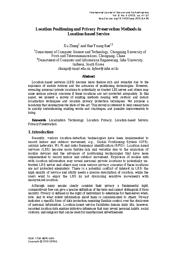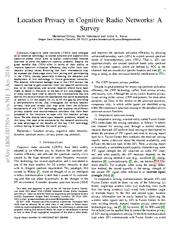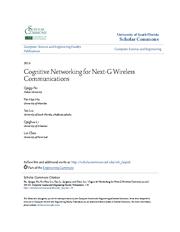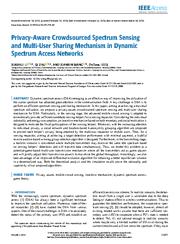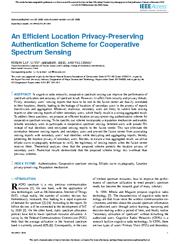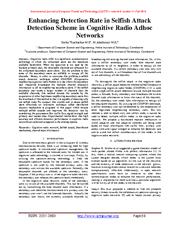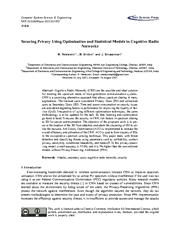Preserving the Location Privacy of Secondary Users in Cooperative Spectrum Sensing
Mohamed Grissa, Attila A. Yavuz, Bechir Hamdaoui
2017
IEEE Transactions on Information Forensics and Security
Cooperative spectrum sensing, despite its effectiveness in enabling dynamic spectrum access, suffers from location privacy threats, merely because secondary users (SUs)' sensing reports that need to be ...
In this paper, we propose privacy preserving protocols that make use of various cryptographic mechanisms to preserve the location privacy of SUs while performing reliable and efficient spectrum sensing ...
Our Contribution In this paper, we propose two location privacy-preserving schemes for cooperative spectrum sensing that achieve: • Location privacy of secondary users while performing the cooperative ...
doi:10.1109/tifs.2016.2622000
fatcat:i37wj3nnsjg7bi6i3yf2wuonqe

